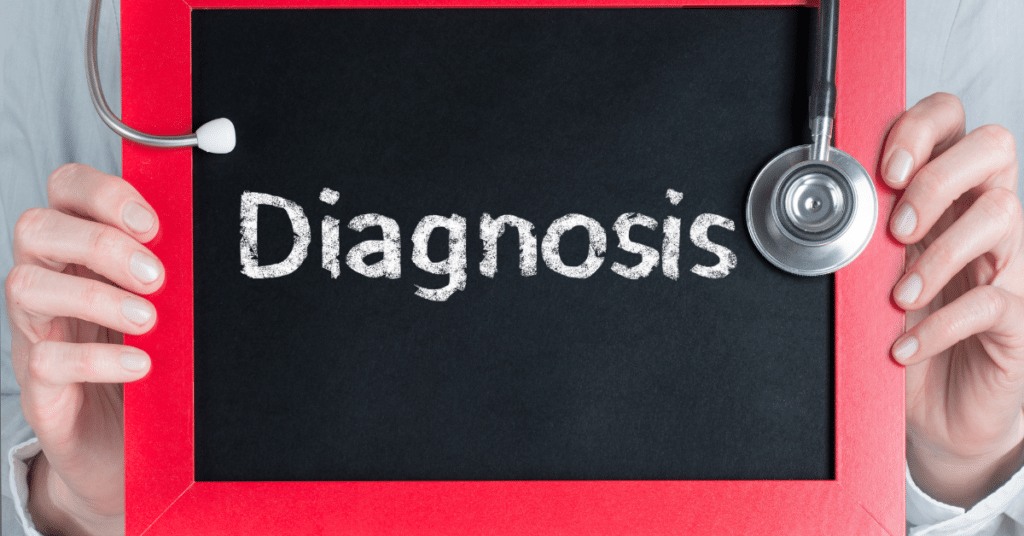Prostatitis and BPH
When it comes to experiencing prostate symptoms sometimes it’s hard to tell if the symptoms point to prostatitis or an enlarged prostate, also known as benign prostatic hyperplasia. Though both conditions can share similar symptoms, there are certain differentiating factors including the cause and the treatment.
First of all, BPH is a normal part of aging for men. In fact, between the ages of 20 and 50 years old, it is estimated that the prostate nearly doubles in size. And by age 80, it is not uncommon for the prostate to double in size again.
Sometimes men with an enlarged prostate have very few symptoms and do not require treatment. While others with an enlarged prostate will experience pressure on the urethra causing a slew of urinary issues.
If the enlarged prostate is particularly troublesome, an excellent treatment option is Prostate Artery Embolization, which we perform regularly here at MidAtlantic Vascular and Interventional.
However, if you are experiencing an enlarged prostate under the age of 50, chances are this is actually inflammation caused by prostatitis.
Prostatitis, which we covered more in-depth in a previous article, is usually caused by a bacterial infection. This infection causes the prostate to become tender, swollen, and enlarged. Unlike benign prostate hyperplasia, prostatitis is usually treated with antibiotics. Sometimes medications to relax the muscle in the upper part of the urethra are also administered to help relieve any pain associated with the infection.
Enlarged prostate and prostatitis are different diagnoses, however, when it comes to chronic bacterial prostatitis, there can be a connection between the two.
Chronic Bacterial Prostatitis is defined as an ongoing or recurring prostate infection, and one common culprit- an enlarged prostate.
Why is this?
The most common reason for this is that having benign prostatic hyperplasia can cause urinary problems which inhibit the ability to completely empty the bladder. As a result, the stagnant urine acts as a growth medium for bacteria.
Though the symptoms of an enlarged prostate and prostatitis can be similar, there are differences. First, let’s take a look at the symptoms of each.
Symptoms of Benign Prostate Hyperplasia:
- An urgent, at times uncontrollable, need to urinate, which may lead to incontinence if the person can’t make it to the bathroom in time
- Trouble urinating
- Frequent urination
- Urinary hesitancy, i.e. slow start till urine streams out
- Weak flow of urine
- Frequent need to urinate at night, known as nocturia
- Intermittent flow, i.e. stopping and starting
- Leaking or dribbling urine
- Urinary retention
Symptoms of Prostatitis
- Hematuria (blood in the urine) or blood in semen
- Pain in the penis and testicles
- Burning or painful sensation during urination
- Painful or difficult ejaculation
- Urethral discharge
- Pain and/or pressure in the rectum
- Painful defecation (painful bowel movements)
- Discomfort and/or pain in the genitals, groin, lower back and/or lower abdomen
- Recurring urinary tract infections (UTIs)
- Sexual problems and loss of sex drive
- Postcoital pain (pain after having sex)
As you can see, both an enlarged prostate and prostatitis are associated with similar urinary problems, however, prostatitis may also be associated with pain during ejaculation, general abdominal pain, and the other symptoms listed above.
Another key difference is that since prostatitis is usually caused by a bacterial infection, it can cause symptoms such as fever, chills, and a pus-like discharge. These symptoms are rarely associated with an enlarged prostate.
If you think you may have a case of prostatitis or an enlarged prostate, it is important that you reach out to your doctor right away, as ignoring the symptoms, will only make it worse. And by getting the proper diagnosis, you and your doctor can develop a treatment plan, and work to reduce your symptoms and potentially resolve the issue.


